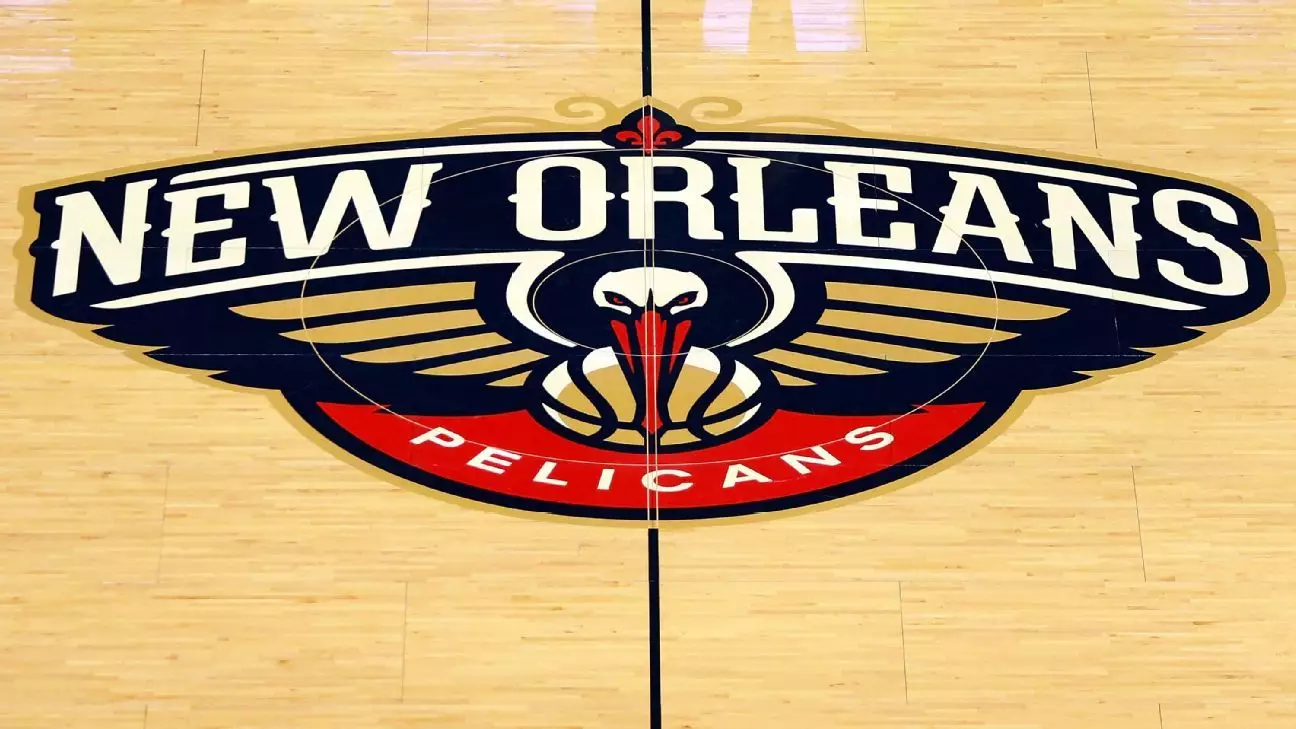The recent tragedy in New Orleans serves as a stark reminder of the fragility of life and safety in public spaces. Willie Green, the head coach of the New Orleans Pelicans, received unsettling news as he prepared for a game in Miami. A text from his father wishing him a Happy New Year was followed by a harrowing update about a tragic event in his hometown. A brutal act of violence, perpetrated by an individual with ulterior motives, claimed 15 lives and injured over 30 people during a festive gathering in the iconic French Quarter. For a man whose professional life is dedicated to the uplifting spirit of basketball, the juxtaposition of joy and sorrow must have felt overwhelming.
Green’s candid reflection on the tragedy underscores the universal feeling of devastation that accompanies such senseless acts. He expressed concern not only for the immediate victims and their families but also for the broader implications such events have on public safety and communal well-being. The desire for a place to enjoy leisure and celebration can swiftly dissolve when confronted with violence, sparking a pervasive sense of unease. He noted, “We’ve discussed it a bit with our players,” highlighting the discussions that inevitably arise in the wake of catastrophe, reminding us that athletes are not immune to the world’s harsh realities.
As the NBA community processed the magnitude of the situation, the Pelicans were due to return home to face the Washington Wizards just days after the incident. The looming game took on a different significance in light of the attack. For everyone involved — players, coaches, and supporting staff — the weight of grief overshadowed the usual fervor associated with competition. The emotional toll manifested not only in private conversations among teammates but also in the collective pre-game silence observed by the Miami Heat in solidarity with the affected families.
Head coach Erik Spoelstra’s response to the news reflected an acute awareness of the broader implications of violence: it disrupts the essence of community life. “It’s terrifying,” he noted, acknowledging the ripple effect of fear that such events create. The uneasy awareness of danger has indeed become a recurring theme in contemporary society, as individuals grapple with the fact that even the most joyous places may no longer guarantee safety.
In the aftermath, the community’s resilience is put to the test. The French Quarter, historically a hotspot for celebration and culture, became a scene marred by tragedy, juxtaposed against its vibrant identity. Commentators like Joel Meyers and Antonio Daniels spoke poignantly about the cultural implications of the violence. They emphasized the stark contrast between the joyful experiences that Bourbon Street represents—weddings, parties, and communal gatherings—and the devastating reality brought upon by a singular act of aggression.
Their words encapsulated the emotional nexus connecting sports and society—the understanding that life’s joys can be pierced by sorrow at any moment. This commentary resonates especially within the fabric of New Orleans, a city renowned for its spirit and vibrancy. The conversations that follow such incidents are crucial; they serve as both a response to grief and a means to foster dialogue around the need for change in addressing violence.
As New Orleans grapples with this horrific event, the broader conversation about safety and prevention should take center stage. It is vital for communities to come together in solidarity, advocating for change and supporting one another in the healing process. Public figures, including athletes, have unique platforms that can amplify these discussions, inspiring action that emphasizes community well-being and prevention strategies.
In closing, the events in New Orleans illustrate not only the potential for communal heartache but also highlight the enduring spirit of resilience. As we reflect on such tragedies, we must remember the importance of unity and support in the face of adversity, recognizing that safety and joy need to coexist within our cities. Love, togetherness, and laughter must prevail, and in doing so, we can honor those lost while fostering a future where joy is not overshadowed by fear.

